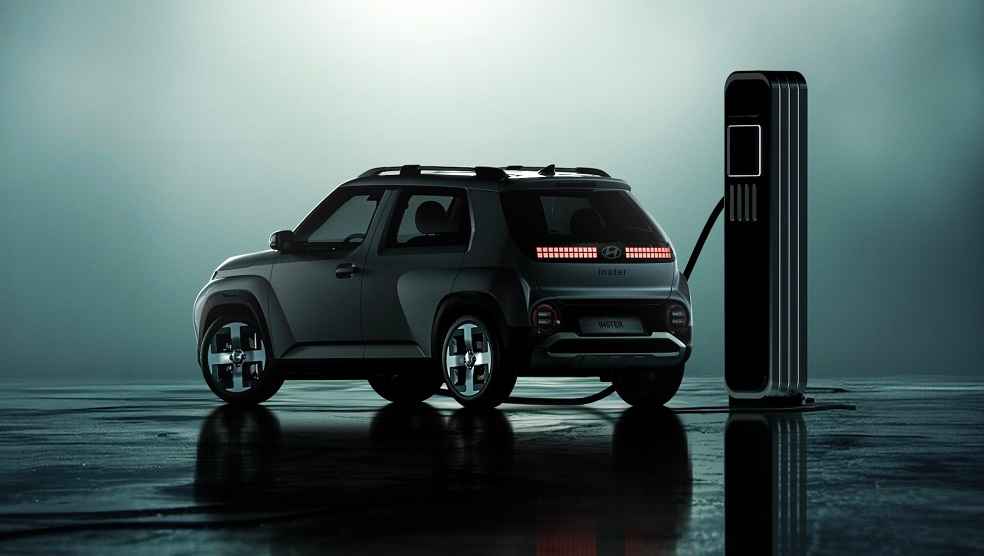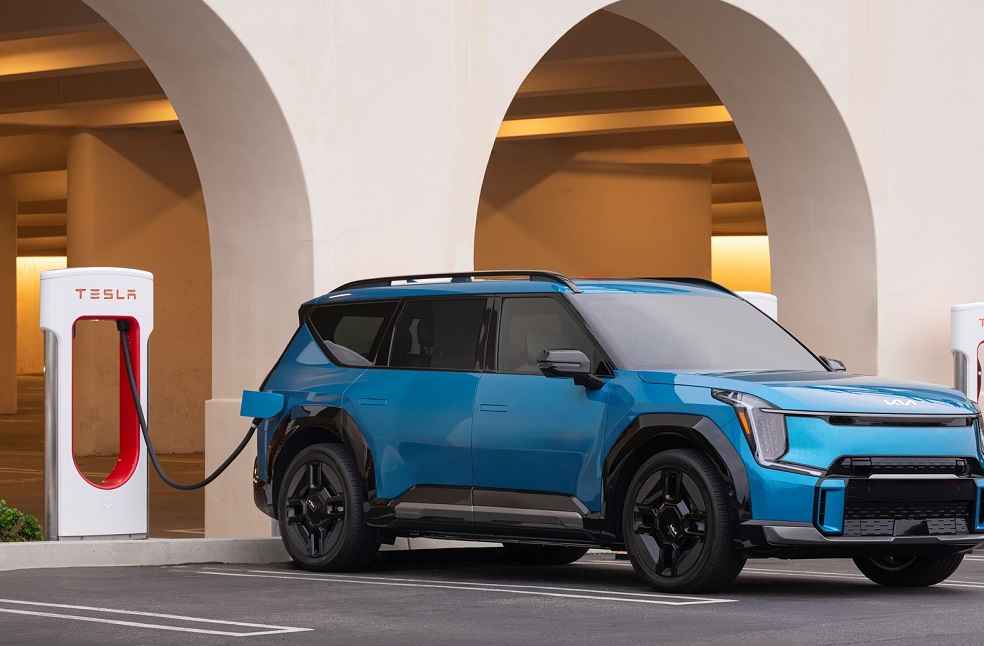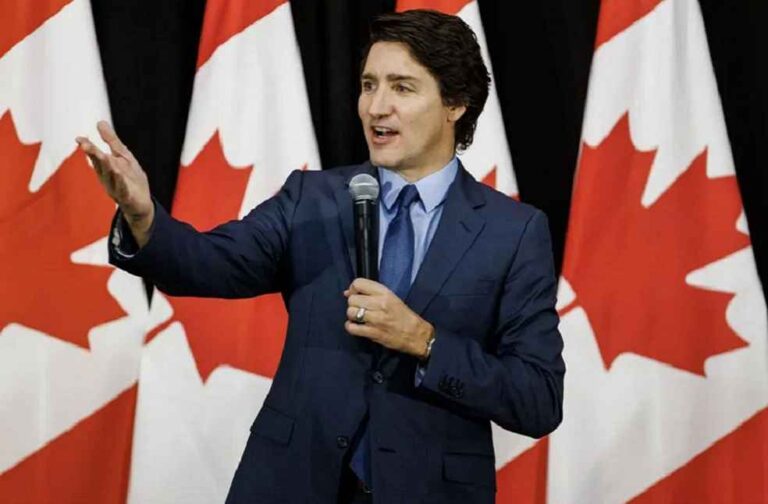Canada has declared a 100% tariff on electric vehicles (EVs) made in China, aligning with the United States and the European Union in a significant escalation of trade measures against Beijing. Set to take effect on 1 October, this decision underscores Canada’s commitment to defending its automotive sector’s competitive edge as it seeks to establish itself as a key player in the burgeoning global EV market.
Additionally, Canada will impose a 25% duty on Chinese steel and aluminium imports from 15 October. Prime Minister Justin Trudeau highlighted the necessity of these tariffs, arguing that China’s approach gives its industries an undue advantage in the international arena. “We are transforming Canada’s automotive sector to be a global leader in building the vehicles of tomorrow, but actors like China have chosen to give themselves an unfair advantage in the global marketplace,” said Trudeau.

China, the largest EV manufacturer worldwide, responded by denouncing Canada’s move as ‘trade protectionism’ that contravenes World Trade Organization (WTO) regulations. The Chinese embassy in Canada issued a statement defending the integrity of its EV industry, crediting its success to “The rapid development of China’s electric vehicle industry is a result of persistent technological innovation, well-established industrial and supply chains, and full market competition,” rather than government support.
The decision could strain economic ties with China, which stands as Canada’s second-largest trading partner after the United States. This latest development adds complexity to an already tense global trade environment.
Tesla, a major force in the global EV market, could be particularly affected by these tariffs, especially concerning vehicles produced at its Shanghai factory. Industry observers, including Mark Rainford, a commentator based in China, anticipate that Tesla will push for exceptions from the Canadian government. Should these efforts fall short, Tesla might redirect its Canadian imports to production facilities in the United States or Europe, given that Canada ranks as Tesla’s sixth-largest market this year.

Canada’s move follows similar actions by the US, which recently raised tariffs on Chinese EVs to 100%, and the EU, which plans to impose duties of up to 36.3% on China-made EVs. These steps reflect shared concerns among Western powers about China’s rapid progress in the EV sector, believed to be bolstered by state support.
Chinese automotive brands, while making inroads internationally, remain relatively uncommon in the Canadian market, where Western and Japanese manufacturers dominate. However, the global landscape of the EV industry is rapidly shifting, and Canada is about to become a critical player. The country has secured multi-billion-dollar deals with leading European carmakers, aiming to embed itself deeply in the global EV supply chain.
AUTO TECH | Global Auto Alliances Challenge Indian IT ER&D Amid Shifting Industry Trends





